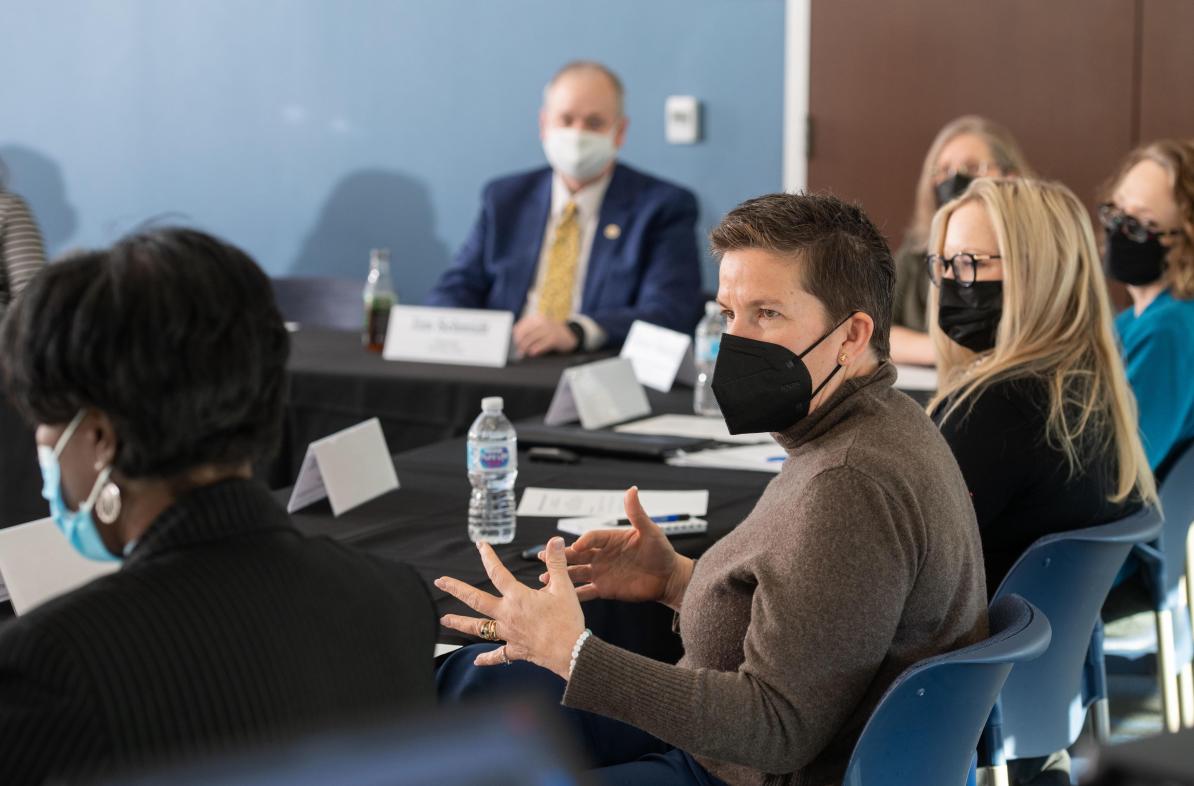ID

UW-Eau Claire hosts Wisconsin Workforce Innovation Grant roundtable
Story Categories
Authored on
UW-Eau Claire hosts Wisconsin Workforce Innovation Grant roundtable
Published on:



